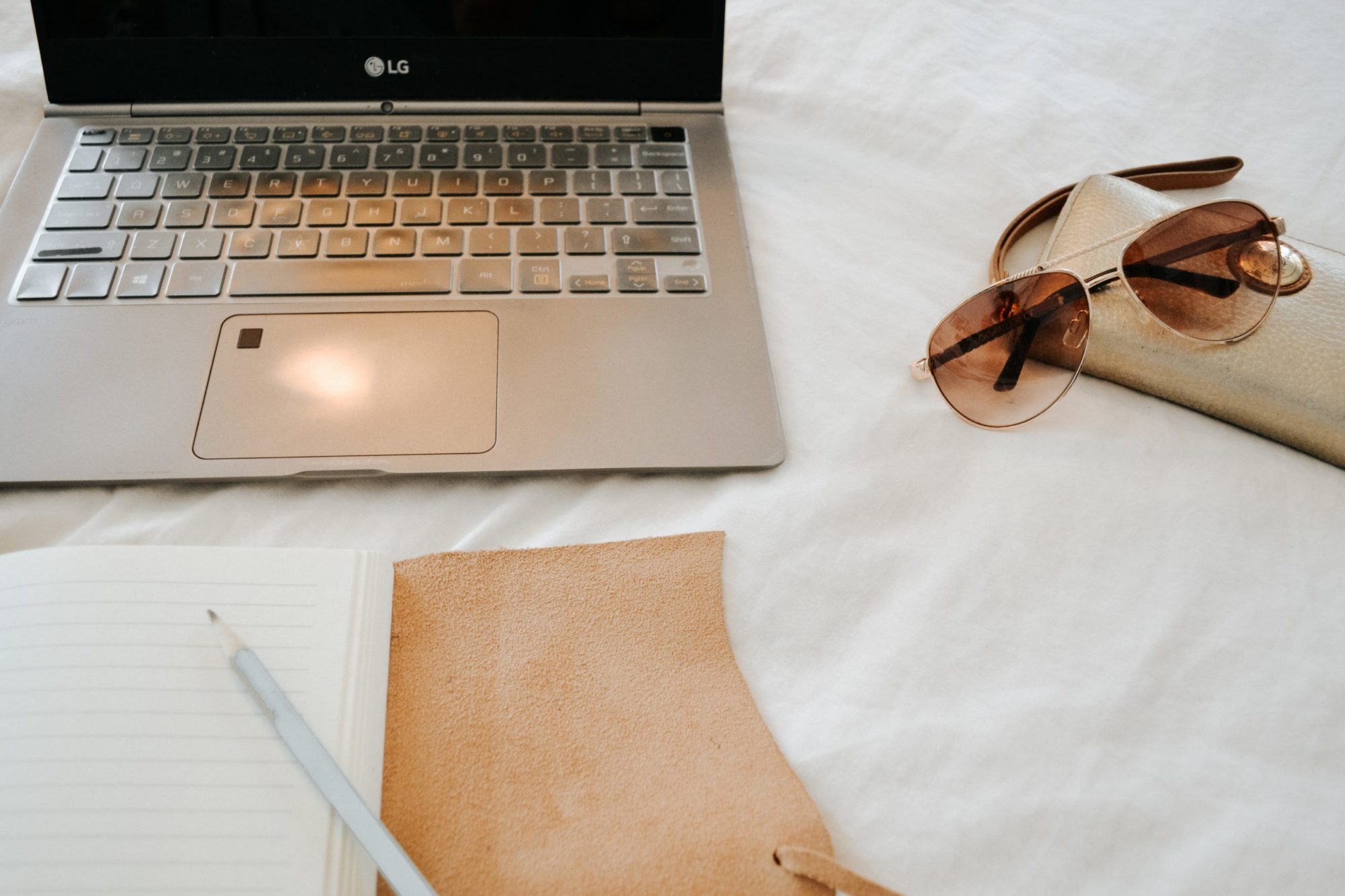Bail has been ingrained in the United States since its founding. It is referenced in the eighth amendment in the Bill of Rights which states “excessive bail shall not be required” to prevent unreasonably high numbers from being posted for bail. However, this does not ensure that cash bail is affordable or just a possibility for all defendants. The bail policies in place were largely adopted from what the founders were accustomed to from England.
A few weeks ago a contributor to Novel Hand, Emma Stapleton, wrote an excellent article about supporting community bail funds. I wanted to further expand the conversation especially in light of current events and the overwhelming calling on social media to donate to these bail funds such as the Minnesota Freedom Fund, Nashville Community Bail Fund, etc.
Bail Practices Today
Today, cash bail is now used as a guarantee. It is a certain amount of money that is put down while someone is awaiting trial to let them out (sometimes with certain restrictions, sometimes without). Upon showing up for their trial, they are paid back this amount. If you are unable to pay, it can be months to years waiting in jail pretrial.
This has led to a successful bail bonds industry by for-profit companies. Families will pay a percentage of the total bail amount to a company, an amount that they will never get back, and in turn that company will pay for the release. However, this not only results in families losing money to these companies that is not refunded, but also being indebted and paying loans to these companies for years after all criminal proceedings are resolved in order to pay back the bail. The United States and the Phillipines are the only two countries that allow this for-profit bail business to exist.
Discrimination in Bail Practices
On average, black men received higher bail amounts 35 percent of the time compared to white men for similar crimes. This leaves many people in jail for longer periods of time, which has shown to be detrimental to one’s mental health. For example, Kalief Browder was a sixteen year old black man who was accused of stealing a backpack, and his family did not have the money to put up his bail. He spent three years on Rikers Island in New York waiting for trial, but when his charges were eventually dismissed and he was released, he committed suicide.
This is just one example of a number of statistics that show that minorities, and the black population in particular, are disproportionately harmed by the cash bail system and unable to be released pretrial as a result. Blacks make up roughly 43 percent of the pretrial jail population, while only being 12 percent of the overall U.S. population. Pretrial jail populations on its own make up two-thirds of all jail populations nationally, an explosion in growth in the last two decades alone.
This practice of putting a certain amount of money down for cash bail is an unjust system that requires financial means in order to determine who gets released pretrial. One’s ability to pay should not be the deciding factor in whether or not they are released. It is yet another example of a justice system in this country that rewards wealth while punishing a lack of financial means.
Bail Reform
We don’t need the level of cash bail we have currently in this country, and a growing number of states are adopting policies accordingly. In 2017, New Jersey nearly eliminated the use of cash bail, which led to a 67 percent decrease in the pretrial jail population. Just this year, on Jan. 1, a law in New York went into effect eliminating cash bail for nonviolent crimes.
Other states have taken similar measures, but there is still an enormous amount of progress that needs to be made in a system that has continuously proved to be unequal.
Community Bail Funds
This is where the community bail funds come in– as Emma explained, these funds pay bails and keep people out of jail, preventing them from having to rely on for-profit companies and bail bondsmen. This was previously an important area to support, but the protests resulting from the murder of George Floyd and the resurgence of demand for racial equality in this country have made them of even greater importance.
As protests in cities around the country have exploded, so has the support for the community bail funds. Celebrities, politicians, and likely several of your social media friends have posted pictures of their contributions to these bail funds determined to help support those who have been arrested and keep them out of jail and instead able to continue to fuel and support the movement on the ground. In a time when governments have failed to correct the injustices in the cash bail system in the United States, people and communities are showing up in a big way and using their voice and wallets to make a statement against the discrimination of low-income and black people in the justice system.
Bail is just one example of the extensive injustices in the United States legal system. For more reading of this topic check out Emma’s article on what she learned from the book Not a Crime to be Poor.
Look at your own city to see if they have a bail fund you can support. Alternatively, ActBlue has a single fundraiser that will distribute funds to 13 different bail funds around the country. If you’re based in Nashville, here is a link to the Nashville Community Bail Fund to support and learn more.
- Inside the Systems that Fuel the School-to-Prison Pipeline - August 20, 2020
- Is Teaching Political? - August 5, 2020
- The Battle Over Reopening Schools: A Teacher’s Perspective - July 29, 2020
